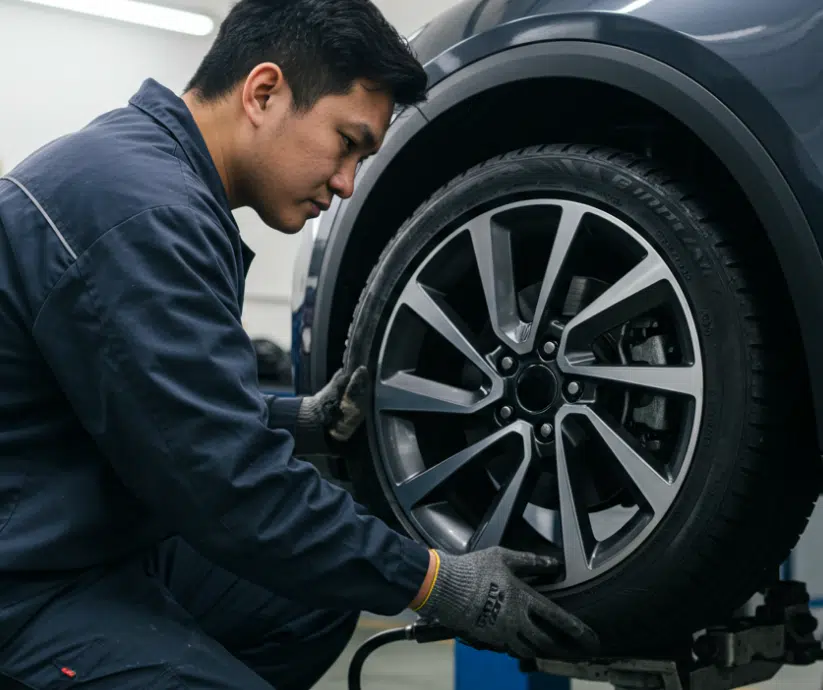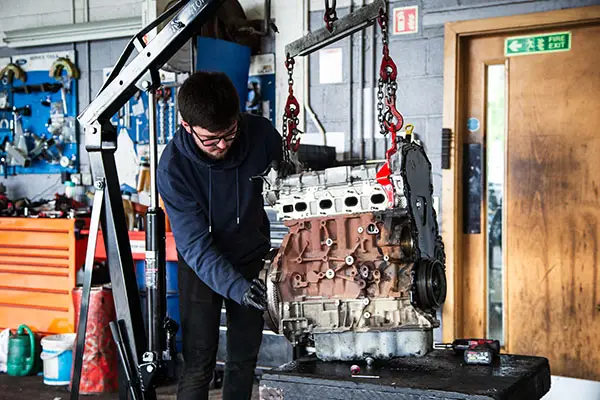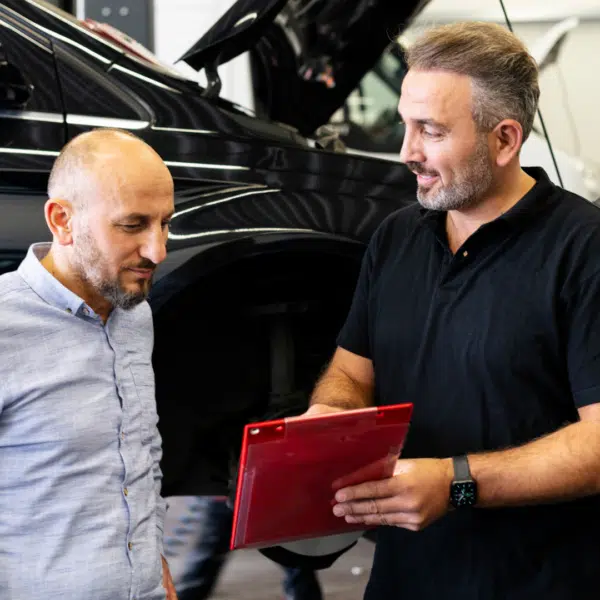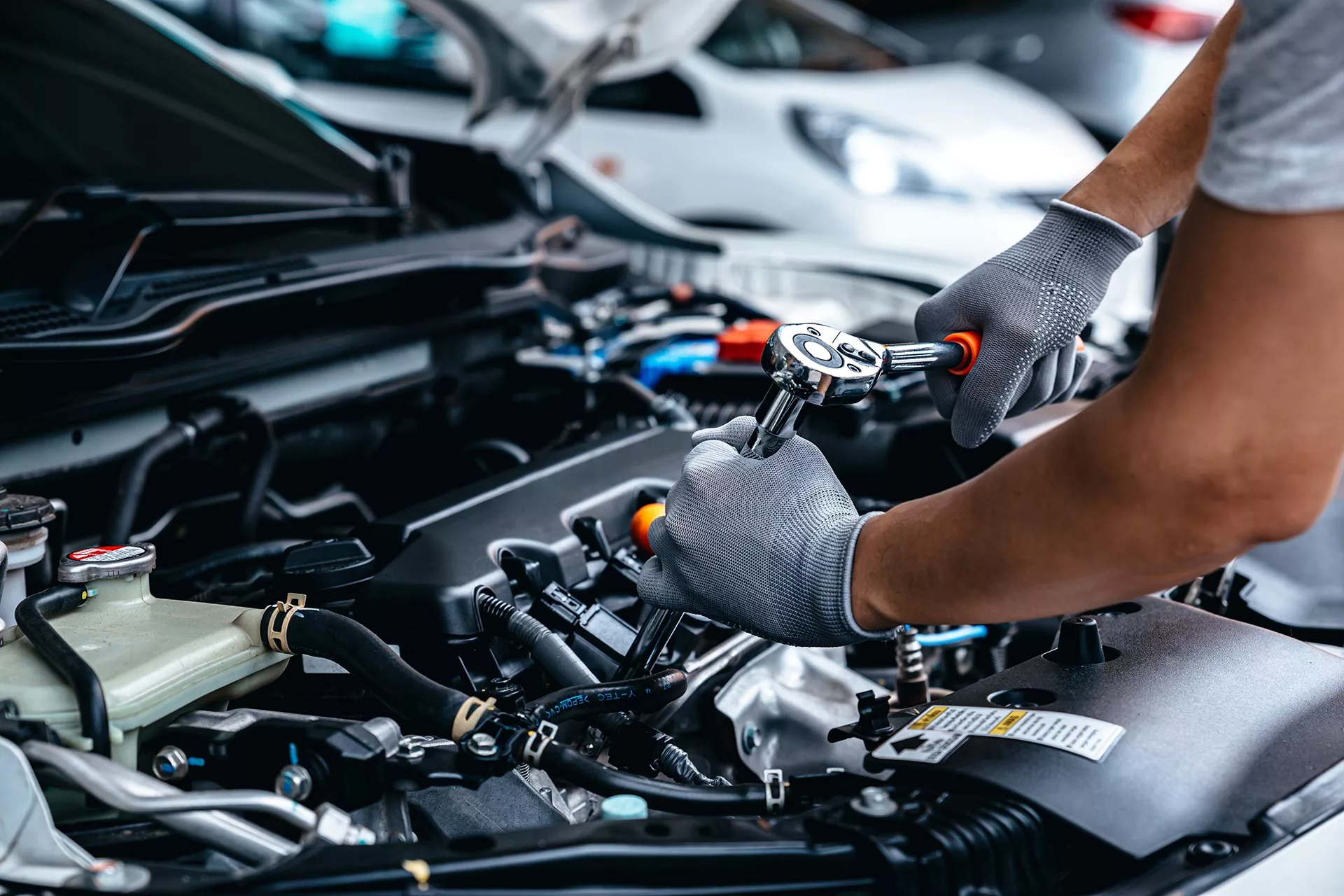Latest Autotech Recruit Posts
-

Actionable Strategies to Attract and Retain Vehicle Technicians
Read more: Actionable Strategies to Attract and Retain Vehicle TechniciansThis article was originally published on 10 September 2025 Across the UK, a growing number of workers are choosing to stay put. In a climate of economic uncertainty, this “job-hugging” trend reflects a collective desire for stability, fewer risks, and more security. But within the automotive sector, employers face a unique challenge: how to attract and retain…
-

Keeping Your Ramps Rolling: The Case for Contractors in the Motor Industry
Read more: Keeping Your Ramps Rolling: The Case for Contractors in the Motor IndustryThis article was originally published on 4 August 2025 Article by James Mackay, Autotech Recruit & Charlotte Hampson, Halfords Unfilled roles present significant risks for businesses across the automotive sector. A deepening skills shortage, combined with ongoing recruitment challenges, has many companies battling to keep operations running smoothly. Whether it’s a national fast-fit chain with a…
-

Real Contractor Stories: Mike
Read more: Real Contractor Stories: MikeMike, based in Tamworth, Staffordshire, is one of Autotech Recruit’s Ambassadors for 2025. His entry into the world of mechanics came later in life, starting at the age of 28 after overcoming a major road accident.
-

Real Contractor Stories: Jake
Read more: Real Contractor Stories: JakeJake is a seasoned vehicle technician with over two decades of experience in the motor industry. Starting out as an apprentice for a main dealer back in 2002, Jake has steadily built an automotive career, mastering roles like MOT tester and MET technician along the way.
-

Real Contractor Stories: Ben
Read more: Real Contractor Stories: BenBen is an experienced vehicle technician with nearly 12 years in the trade, including the last three years as a contractor with Autotech Recruit.
-

A Guide To The World of Automotive Jobs
Read more: A Guide To The World of Automotive JobsDo you love everything about cars? Do you have a knack for troubleshooting mechanical issues? Then, an automotive job might be perfect for you.
-

We Now Offer Free MOT Tester Training
Read more: We Now Offer Free MOT Tester TrainingAt Autotech Recruit we believe in investing in our contractors. That’s why we offer FREE MOT Tester training to qualifying technicians.
-

Our Parts and Service Advisor Desk Achieves Record-Breaking Success
Read more: Our Parts and Service Advisor Desk Achieves Record-Breaking SuccessThe automotive industry is facing a growing skills shortage, with 33% of employers reporting struggles in hiring service advisors. This shortage underscores the increasing demand for skilled professionals in the sector.
-

The Financial Benefits of Contracting
Read more: The Financial Benefits of ContractingIf you’ve always worked in permanent roles, it can take a real shift in mindset to adapt to the idea of contracting. That said, there are some great advantages of freelancing to think about that may help you decide if it’s right for you. Let’s start with the financial benefits.


